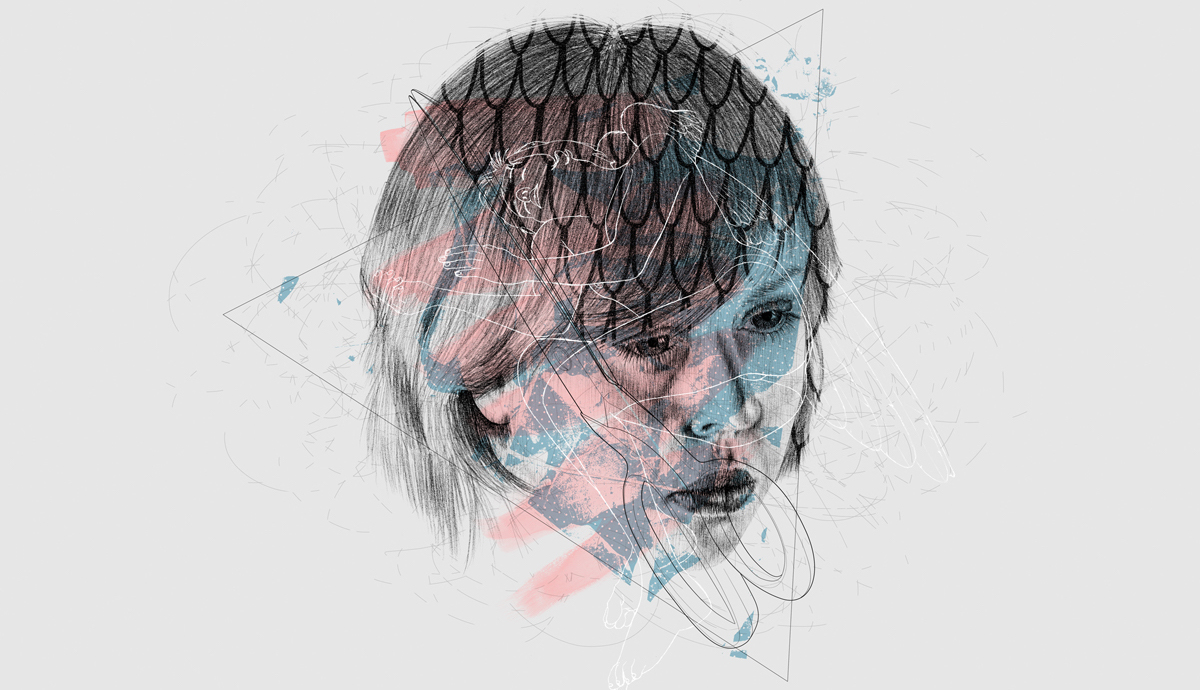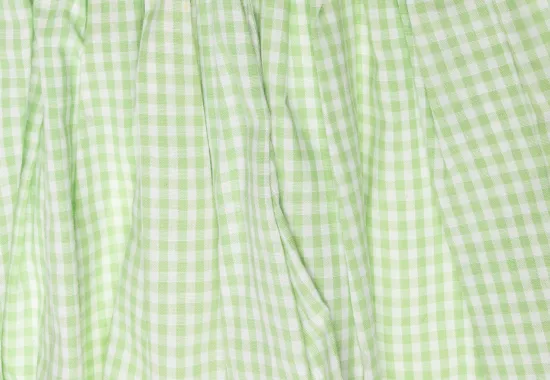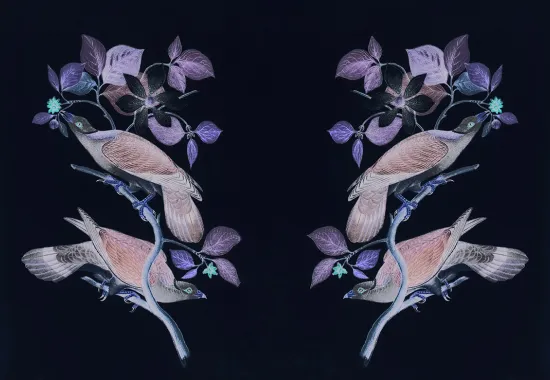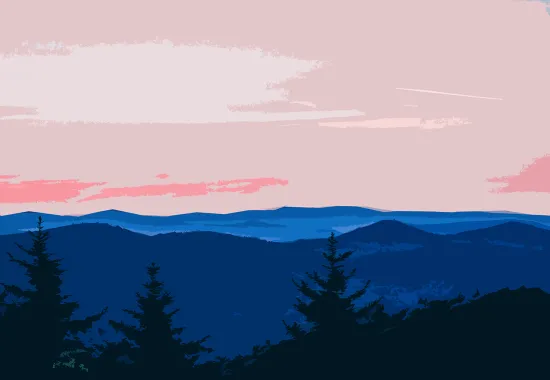"Musing on the Idea of Being Infested"
So far, it has been a constant. Ants drawn in from under the front door; cockroaches flitting into their spaces whenever the light is flicked on; that one spring when ladybugs huddled upside down in the corners of my ceiling; mice; rats; bedbug welts the size of golf balls. My house has never been able to keep them out. There always seems to be something unwanted. And I began to wonder if this was a long tradition, something inherited.
I remember my parents setting traps, luring a groundhog from under the porch. My mother raising a hand to silence us as she listened for the rustle of something inside a wall. It isn’t hard for me to see that there is no escape from what has a will to enter. There is no avoiding what won't be addressed. And isn’t this the way of a family? Lineage? Heritage?
So far, the heirlooms I have been given have come in the shape of unnamed pain. My mother, my grandmother, her mother. Trauma passed down generations. Each of us coping in a way to lessen the burden for the next one, each of us gaining a little more clarity, a little more agency.
When silence took over my parents’ marriage, the space around them thickened. As a child, I could feel it. The tension. Each thing unsaid flooding up from the floorboards. I tried to understand it, but I couldn’t. What I could understand were the mice that I’d see disappearing around the corner. The way my father would throw a shoe at them and always miss. This has become my way of understanding a grief that does not belong to me. It is not unlike being infested. It is a constant reminder that you are sharing this home with something else, something unwanted.
My poem, “Infestation,” explores this concept. I will never forget the moment this past year as I was drafting this poem, when I opened my garage to find a opossum staring back at me. My reaction was not of fear, or anger, or dread at the inevitability of its removal–but rather embarrassment. As if I were the one imposing. It was the same awkward feeling you get when you enter a room to find two lovers kissing: their intimacy highlighting your own aloneness. I backed out of the garage and apologized under my breath, still unsure of who was infesting who.
"Infestation" appears in NAR issue 302.2, available here.
Infestation
Stainless steel and strapped back, the year we were infested
and our house was riddled with traps—the bedrooms, beneath
the good couch, atop the kitchen counter—creamy dollops
of peanut butter set just below the landing. It was thought best
to bring them out into the open. We saw them in pieces, their tails
disappearing behind a corner like something you could almost prove.
This must have been why the porch light was left on like we were waiting
for someone to come home, and the telephone rang once a day
with a woman’s quiet breathing on the other end. My mother rushing
to the receiver asking, asking. And my father’s silence grew so large
it became another child; walloping on all fours, learning the world
through its mouth. I wanted it to stop and took to setting off the traps
myself. The thick bar welting a line across my finger in the shape of a ring.
Or I’d caulk the openings in the cedar with chewing gum until soft
scratching became the smell of sour milk—I didn’t know what I wanted.
I told no one of the nest I found in the attic. Round, damp and made
from swatches of my mother’s robes. Or about the one clattering
with a trap still attached to its tail like something that thinks it’s free.
I wasn’t there for them, just the photograph stuffed deep into a box,
paisley with mold. My mother, 20 years old, nude and posing in a frame
whose glass had been cracked on purpose. Her eyes daring into the camera
and covering with her two hands the small V between her legs. Her hips
narrower than I have known, her hair big, blown out into a Farrah Fawcett
mimic. And her breasts. I can’t say anything about them. But it wasn’t
the shock of her body that kept me coming back. It was the smooth
of her belly, the lack of stretch—no mark left from the sectioning it took
to pull me out of her. No raised waterline in the shape of a smile
below her waist, no scar for her to point to when she’d lift her shirt
and say: look, look at what you did to me.
Recommended
The Shirt
After Hearing David Rothenberg Sang with Birds
Frothing Pink Poodle Droppings






